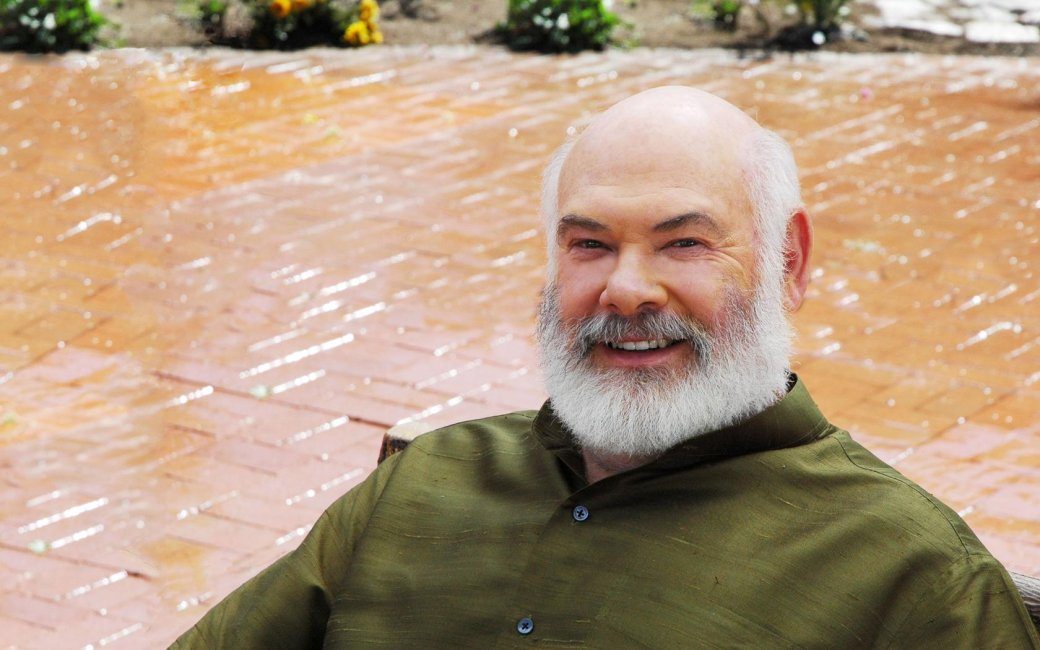Month: September 2011

Understanding and Treating Colic
Parenting an infant can be totally overwhelming. One of the earliest challenge many face is learning to deal with periods of intractable crying. I often speak with sleep deprived parents when they’re looking for something — anything — to stop their baby from crying. They’ve typically been told by friends of family that their baby must have “colic” and they’ve come to...
Does Weight Matter?
Determining the net health effects of independent factors can be tricky, especially when those factors cannot be controlled for in experimental studies. For things like body mass index (BMI) we must rely on observational data and triangulate with multiple studies to isolate the contributions from BMI. But it can be done. The data, however, are likely to be complex and noisy, and...

Benedetti on Placebos
There has been an ongoing debate about placebos on SBM, both in the articles and in the comments. What does it mean that a treatment has been shown to be “no better than placebo?” If our goal is for patients to feel better and they feel better with placebos, why not prescribe them? Do placebos actually do anything useful? What can science...

Andrew Weil and “integrative medicine”: The ultimate triumph of quackery?
A board certification in woo? I’ve been harshly critical of the entire concept of “integrative medicine” (IM), which has over the last few years nearly supplanted the former term used for non-science-based medicine or medicine based on prescientific ideas represented as though it were scientific medicine, “complementary and alternative medicine” (CAM). Indeed, just last week I pointed out how IM is far...
Recycle
Like most people who grew up after April 22, 1970, I think it is important to be as environmentally responsible as possible. Like many I fail miserably much of the time, but at least I feel guilty about it. Recycling offers the opportunity to feel good about my environmental impact with little effort, since the garbage collection infrastructure in Portland makes recycling...
Legislative Alchemy II: Chiropractic
As we learned in Legislative Alchemy I: Naturopathy, legislative alchemy is the process used by state legislatures to transform implausible and unproven diagnostic methods and treatments into legal health care practices. Today, we review how chiropractors are faring in the 2011 state legislative sessions. Chiropractic 101 In 1895, a self-described “magnetic healer,” Daniel David Palmer, claimed to have discovered that every person...
Some Encouraging Backlash Against Nonsense
One of the themes of SBM is that modern health care should be based upon solid scientific ground. Interventions should be based on a risk vs benefit analysis using the best available scientific evidence (clinical and basic science). As an extension of this, the standard of care needs to be a science-based standard. Science is (or at least should be) objective and...
Scientific American Mind Is Not So Scientific
When Scientific American first announced that they would publish Scientific American Mind, I hurried to subscribe, thinking it would keep me informed about new developments in a field I am passionately interested in. I have enjoyed the magazine, particularly the regular columns, the news items about research findings, the reviews that alert me to books I will want to read, the “Ask...
Survey says, “Hop on the bandwagon of ‘integrative medicine’!”
A Brief Clinical Vignette In researching this post, I found an article published nearly two years ago in The Hospitalist entitled Growth Spurt: Complementary and alternative medicine use doubles, which began with this anecdote: Despite intravenous medication, a young boy in status epilepticus had the pediatric ICU team at the University of Wisconsin School of Medicine and Public Health in Madison stumped....

Dummy Medicine, Dummy Doctors, and a Dummy Degree, Part 2.1: Harvard Medical School and the Curious Case of Ted Kaptchuk, OMD (cont.)
Rave Reviews In 1983, Ted Kaptchuk, the senior author of the recent “albuterol vs. placebo” article, and soon to become the long-time Second-in-Command of the Harvard Medical School “CAM” program, published The Web that Has No Weaver: The book received rave reviews: A major advance toward the synthesis of Western and Eastern theory. It will stimulate all practitioners to expand their understanding...

